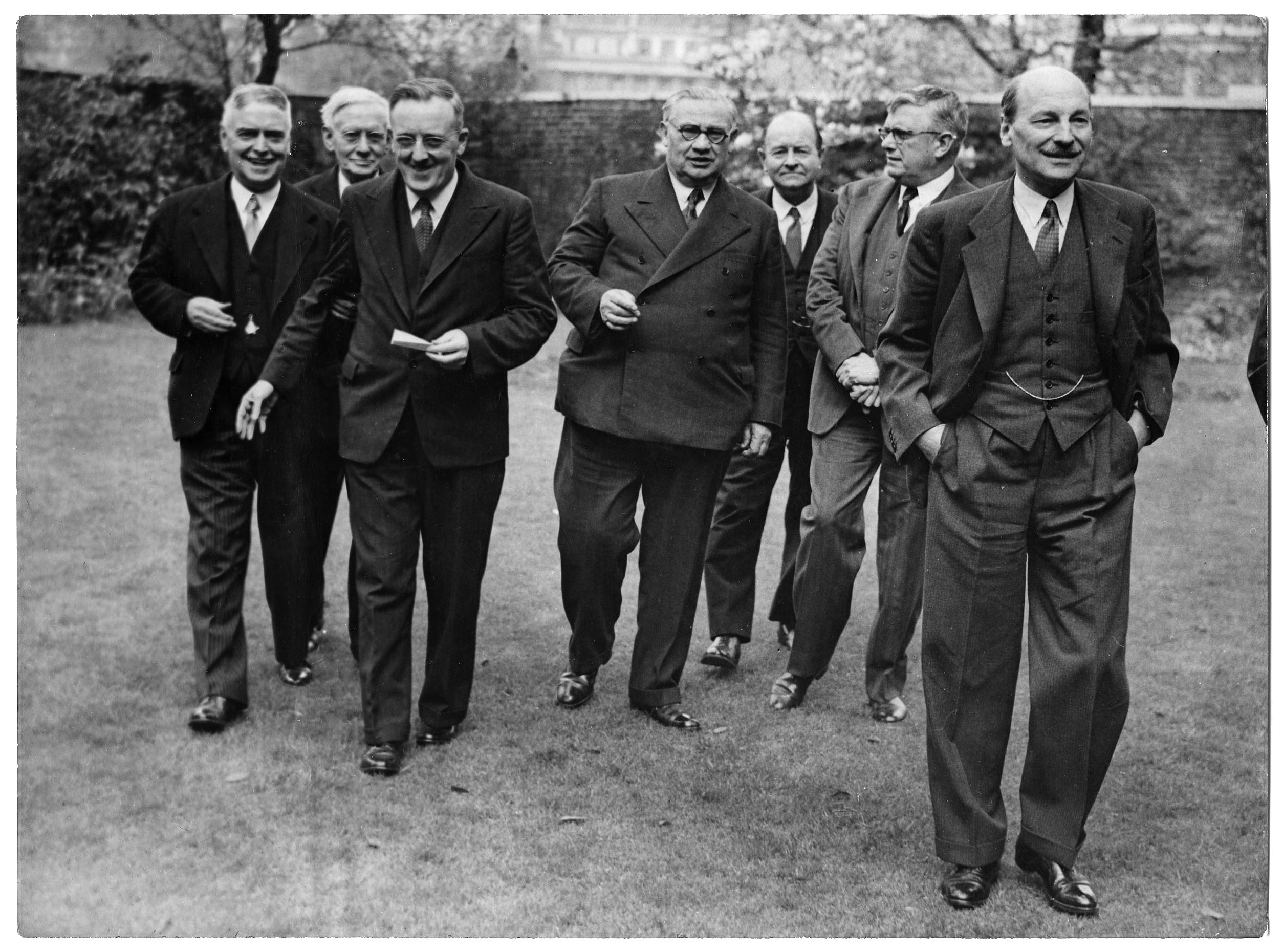
The best Prime Minister we’ve had since World War II, or perhaps the “indecisive and uninspiring”? The passage of time has only made it clear just how much the former rings true. Regardless of what the opposition of the time thought about him, it is the change brought about by Attlee that has shaped the UK into what it is today, perhaps more so than any other Prime Minister.
Coming from a relatively middle-class background that allowed him to go to a good school and then study law at Oxford, Attlee in his earlier years can seem fairly mediocre. He worked as a barrister after graduating, moving to London and becoming exposed to the social disparities and inequalities created by extreme poverty. Horrified at the sight, he quit his job and left to become a lecturer at LSE, having his first run in and victory over Hugh Dalton, giving the first hint at the man hidden beneath Attlee’s understated exterior.
It was after the First World War that Attlee started making his first proper steps into politics: first, as Mayor of Stepney, then as MP for Limehouse. He later stated that “In a civilised community … there will be some persons who will be unable at some period of their lives to look after themselves, and the question of what is to happen to them may be solved in three ways – they may be neglected, they may be cared for by the organised community as of right, or they may be left to the goodwill of individuals in the community.” It seems to be this belief that drove his approach to politics.
Attlee was then elected Labour
leader and then became Deputy Prime Minister during the World War II coalition
government. His role was generally to care for domestic affairs while Churchill
focused on the war effort, showing how powerful and effective Attlee could be.
What followed was an absolutely shocking Labour victory in the general election
and the chance to enact the most ambitious legislative programme in British
history. Setting about to tackle the five ‘great evils’ of the Beveridge Report, “Want, Disease, Ignorance,
Squalor and Idleness”, Attlee enacts some of the most influential policy decisions
to ever face the UK. His nationalisation of the railways may have saved much of
the transport system, as LNER, amongst others, saw a complete collapse in profitability. He also
created a ‘cradle to grave’ system of welfare, where
people paid national insurance and in return saw benefits like pensions and
child benefit. His most brilliant achievement, however, was the National Health
Service. The NHS continues to save lives today, being one of the focal points
of the coronavirus response and also having the support of both main parties,
despite the Conservatives vehemently opposing it at the time.
Not bad for someone described by Churchill as “a sheep in sheep’s clothing“.
Attlee kept fighting political battles even after his time as Prime Minister, helping establish the Homosexual Law Reform Society to decriminalise homosexuality, and then also later speaking against the UK joining the EEC. However, he, unfortunately, died in 1967 from pneumonia, receiving a simple funeral that seemed in keeping with his love of “simplicity and directness”.
In the time since his death, Attlee has become known as one of the most amazing Prime Ministers in history, with opinions about his supposed boringness gone in favour of respect for his achievements. He may have appeared more quiet and understated than expected of a politician, but he gained the respect of even Margaret Thatcher for his “all substance and no show” approach and will likely be remembered for a very long time as the most successful Prime Minister.



Average Rating